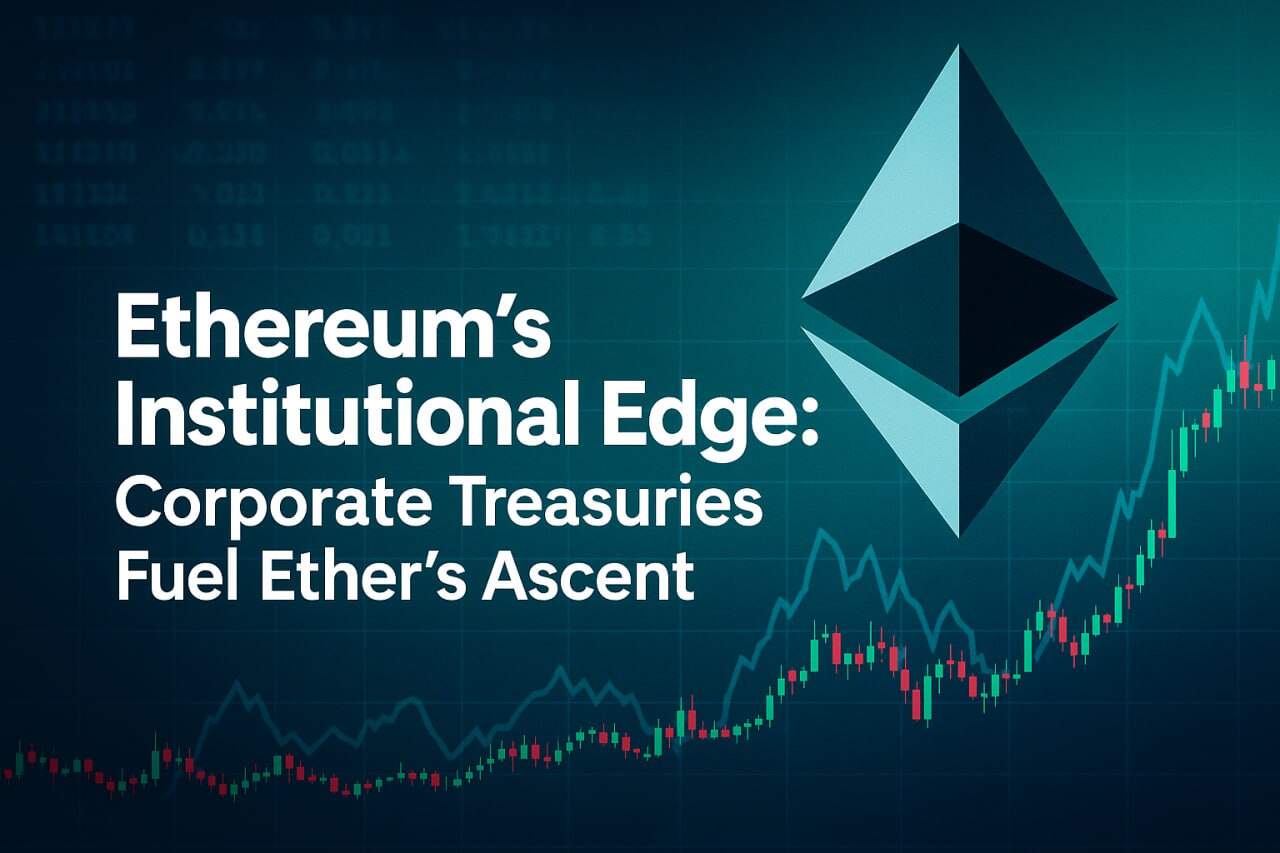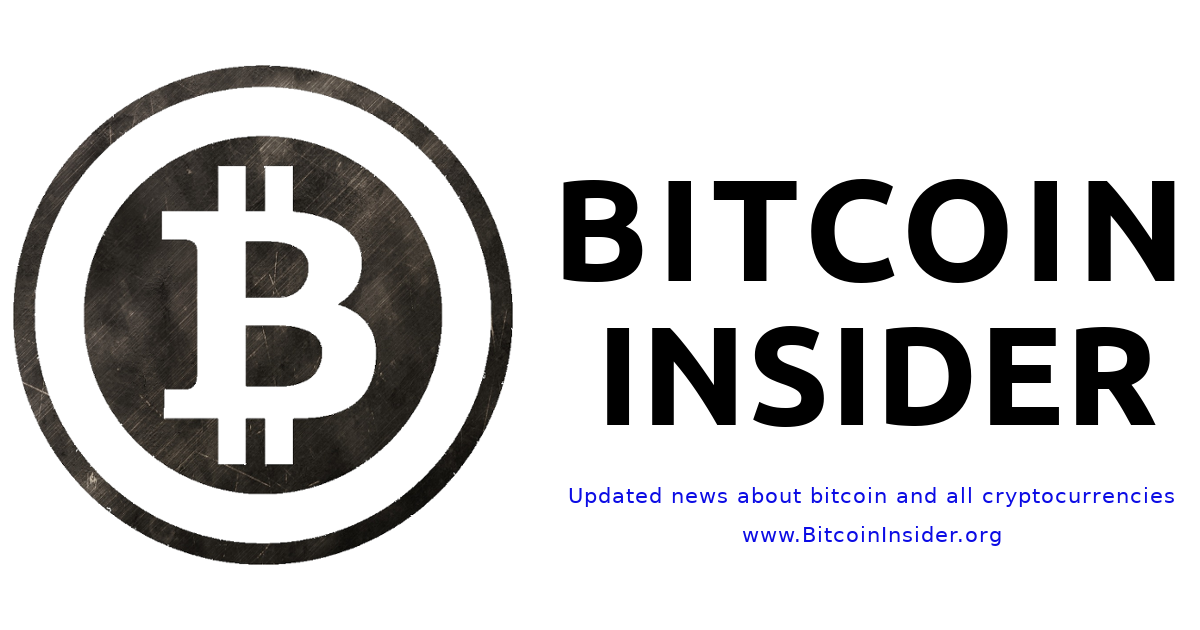
Ethereum is quietly winning over the corporate treasury departments of publicly listed firms and private institutions alike.
A growing number of companies are choosing Ethereum (ETH) over Bitcoin (BTC) as a long-term strategic asset, leveraging Ethereum’s programmability, yield opportunities, and regulatory momentum.
This trend, alongside others like surging spot Ether exchange-traded fund (ETF) inflows, is reshaping institutional crypto investing and is pushing ETH towards new all-time highs (ATHs). The price of Ethereum is up ~39.1% in the last 30 days and hovers around the US$3,500 price level. Over the same period, BTC is up ~14.7%.
While Bitcoin remains the poster child for “digital gold,” Ethereum offers far more than just a store of value. Its utility as an infrastructure layer for decentralized finance (DeFi), NFTs, stablecoins, and tokenized real-world assets makes ETH a versatile, productive asset. Unlike Bitcoin, ETH can be used in smart contracts, staked for yield, and deployed across a growing ecosystem of decentralized applications.
This week, news broke that tech investor Peter Thiel had acquired a stake in Bitmine Immersion Technologies (BMNR), an Ether treasury strategy firm led by Fundstrat’s Thomas Lee. According to a Tuesday filing to the U.S. Securities and Exchange Commission (SEC), Thiel purchased 9.1% of BMNR common shares through various investment funds.
SharpLink Gaming, a Nasdaq-listed firm, also made headlines earlier in the year by adding ETH to its treasury. The company cited Ethereum’s liquidity, deep developer ecosystem, and DeFi integrations as strategic reasons behind its decision. This move could set a precedent for other mid-cap firms to follow.
Community-driven tracker Strategic Ethereum Reserve (SΞR) indicates that Bitmine Immersion holds ~300,700 ETH worth ~US$1 billion in today’s prices, and Sharplink Gaming holds 280,600 ETH worth ~$956.3 million in today’s prices. These are currently the only two public companies that have pivoted towards selling themselves to Ethereum treasury firms.
There are far more companies that are Bitcoin Treasury Firms. They follow the trail blazed by Strategy, which holds BTC601,550 worth ~US$72.6 billion in today’s prices. Strategy’s stock value has grown significantly in recent years, tracking the price of Bitcoin.
Ethereum offers what Bitcoin cannot: yield. ETH staking enables treasury managers to earn passive income while maintaining exposure to a blue-chip crypto asset. This is increasingly appealing in a high-interest-rate macro environment where idle capital is frowned upon.
SharpLink puts almost all of its ETH into “staking,” which means they help secure the Ethereum network and earn rewards, which are passed onto SharpLink stockholders.
Regulatory developments are also clearing the path for Ethereum adoption. U.S. lawmakers are currently considering the CLARITY Act, which could define clear jurisdiction over digital commodities and trading platforms. Alongside this, the SEC is exploring an “Innovation Exemption” for DeFi, potentially creating a regulatory safe harbor for projects building on Ethereum. This could offer institutional participants more confidence in interacting with DeFi protocols and staking platforms built on Ethereum.
Upgrades like Pectra, which introduced smart accounts that allow users to pay gas fees in stablecoins or batch transactions, show that Ethereum continues to evolve to meet the needs of real users. This forward-looking innovation strengthens the case for ETH as a productive, programmable treasury asset. Moreover, layer-2 solutions that reduce transaction costs make institutional deployments even more feasible.
The Pectra upgrades aim to streamline ETH staking, enhance wallet functionality, among other parallel benefits. A standout feature of the upgrade is the introduction of “smart account” functionality to user wallets. It will enable users to pay for gas with tokens other than ETH, like stables, batch multiple transactions into one, and use alternative authentication methods like passkeys. It continues the path towards account abstraction and simplifying access to Web3.
Institutional flows are increasingly favoring Ethereum. Digital Asset product builder Ethereum Coinshares reported on July 15th that the Etherem fund market “posted its 12th consecutive week of inflows, totalling US$990m, the 4th largest on record. In relative terms, Ethereum’s inflows over the past 12 weeks account for 19.5% of its AuM, compared to 9.8% for Bitcoin.” Analysts attribute this growth to Ethereum’s diversified value proposition.
As DeFi continues to mature and new ETF products hit the market (including staking ETFs), Ethereum’s relevance to corporate finance will only grow. Treasury managers now have the option to deploy and earn, earning from price appreciation and yield.
Ethereum is carving out a role not just as a speculative asset or technological experiment, but as a core part of institutional finance. Corporate treasury adoption, paired with evolving regulation and new staking products, positions ETH to outperform legacy crypto assets in both utility and institutional appeal.
 Brave New Coin reaches 500,000+ engaged crypto enthusiasts a month through our website, podcast, newsletters, and YouTube. Get your brand in front of key decision-makers and early adopters.
Brave New Coin reaches 500,000+ engaged crypto enthusiasts a month through our website, podcast, newsletters, and YouTube. Get your brand in front of key decision-makers and early adopters.











